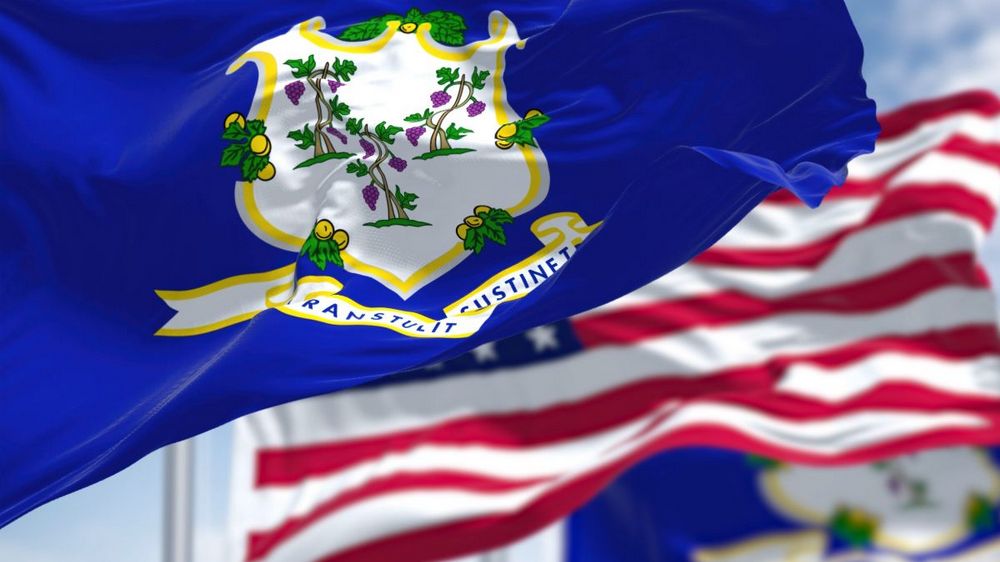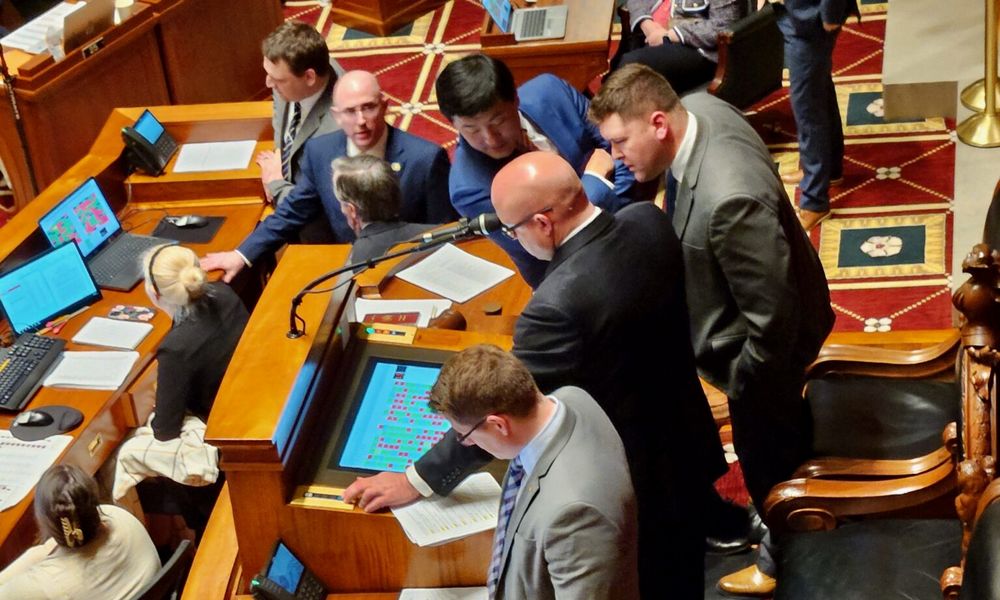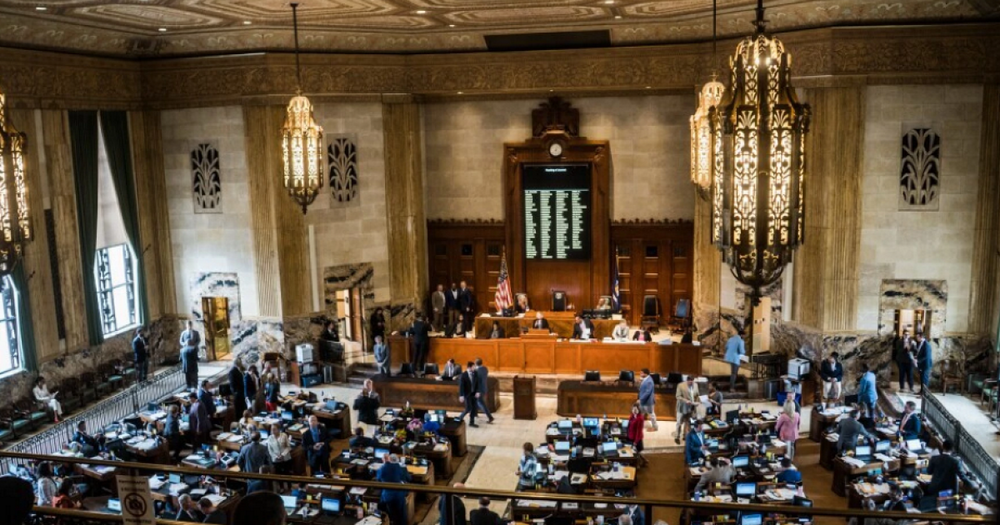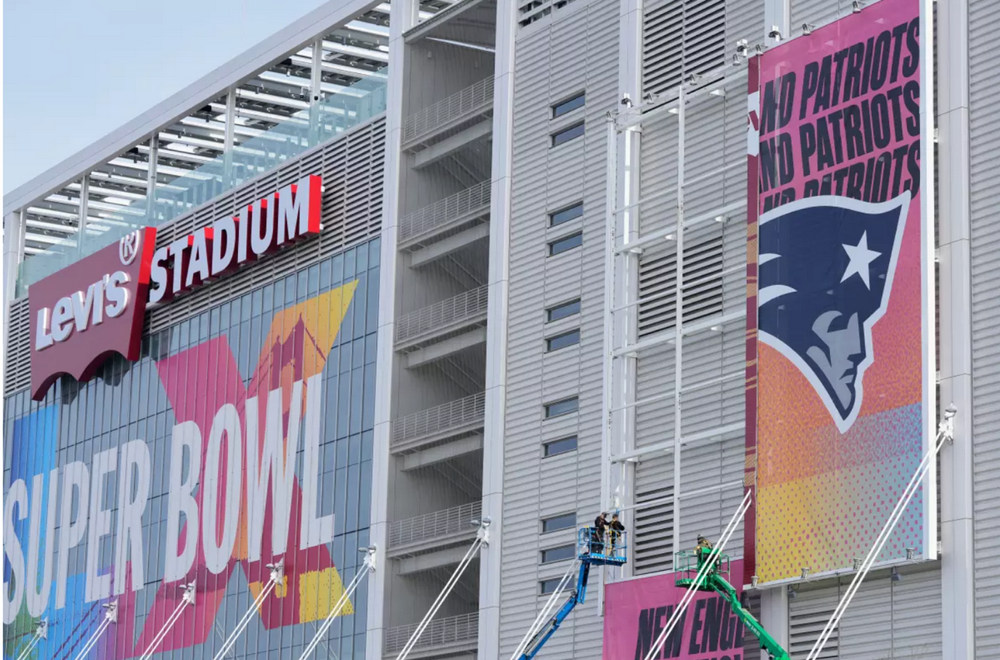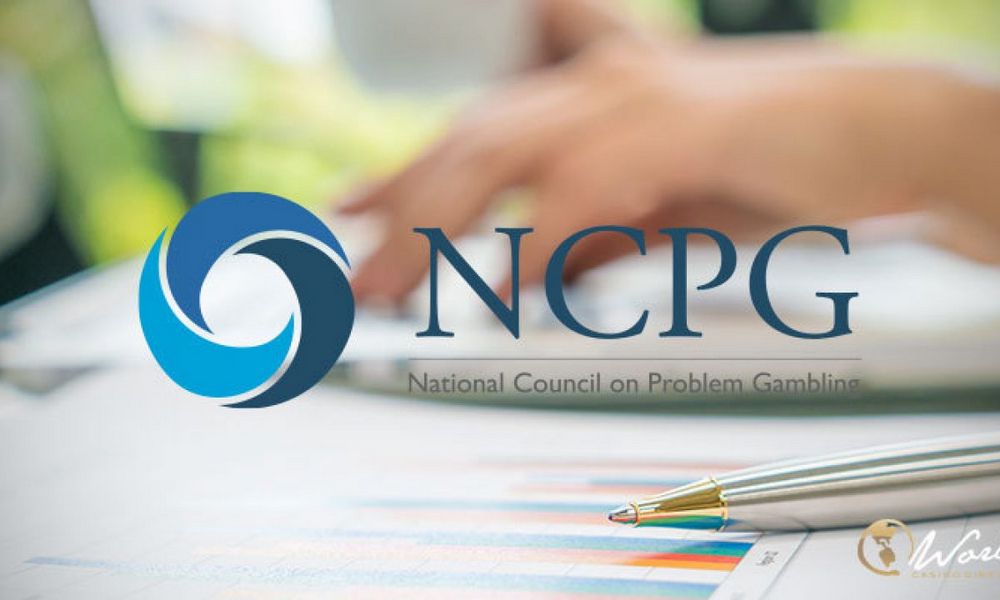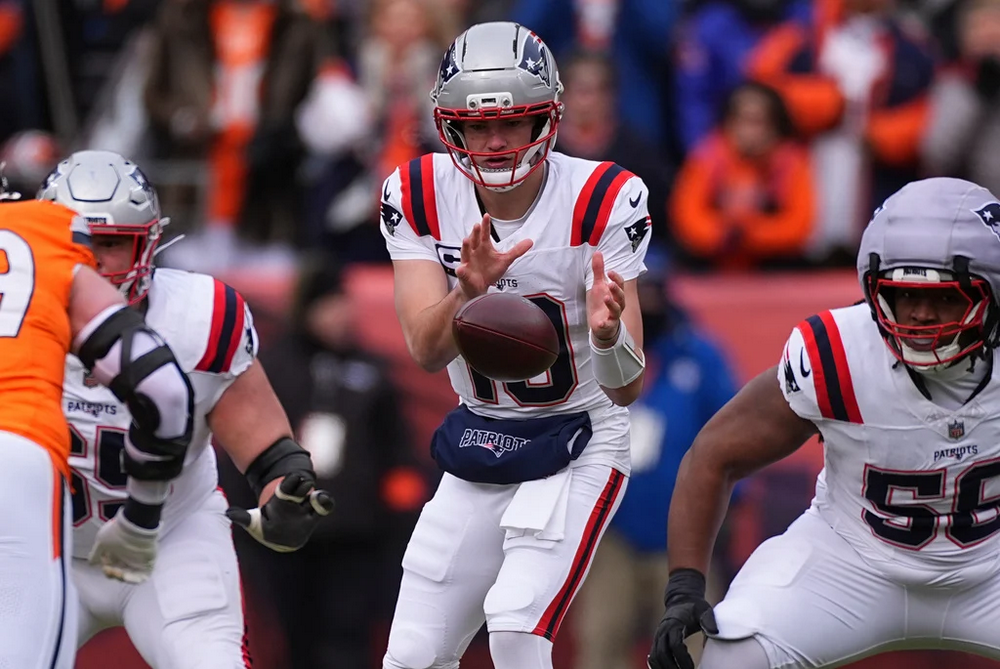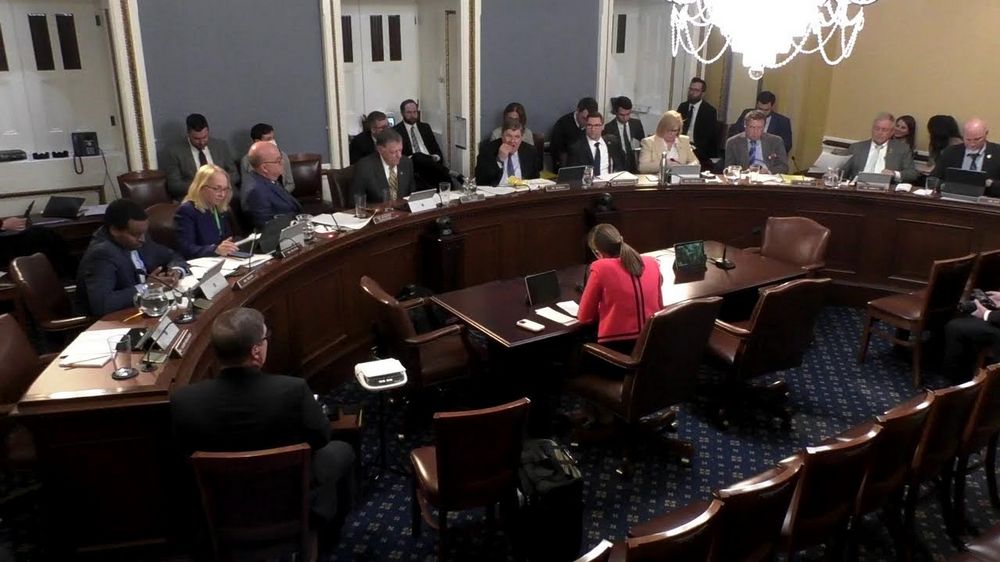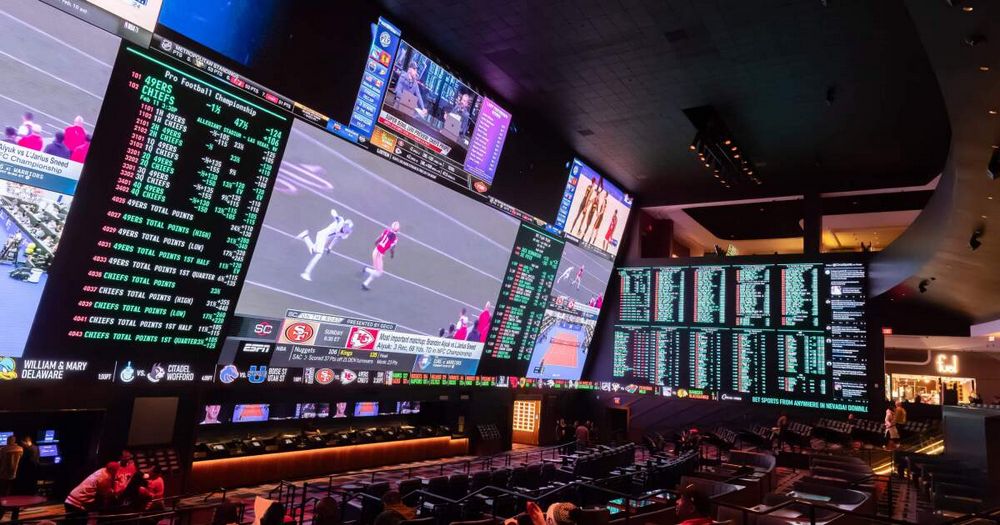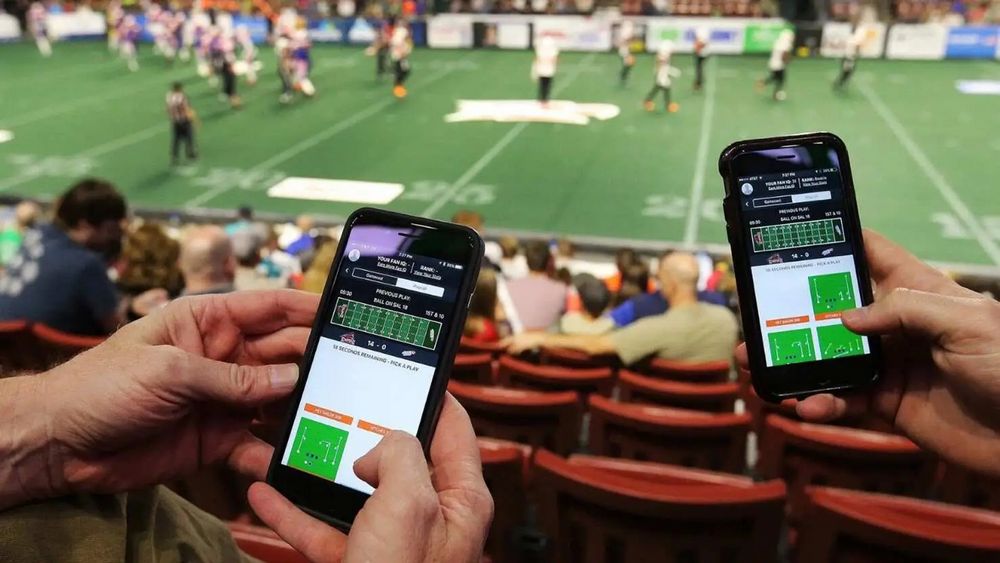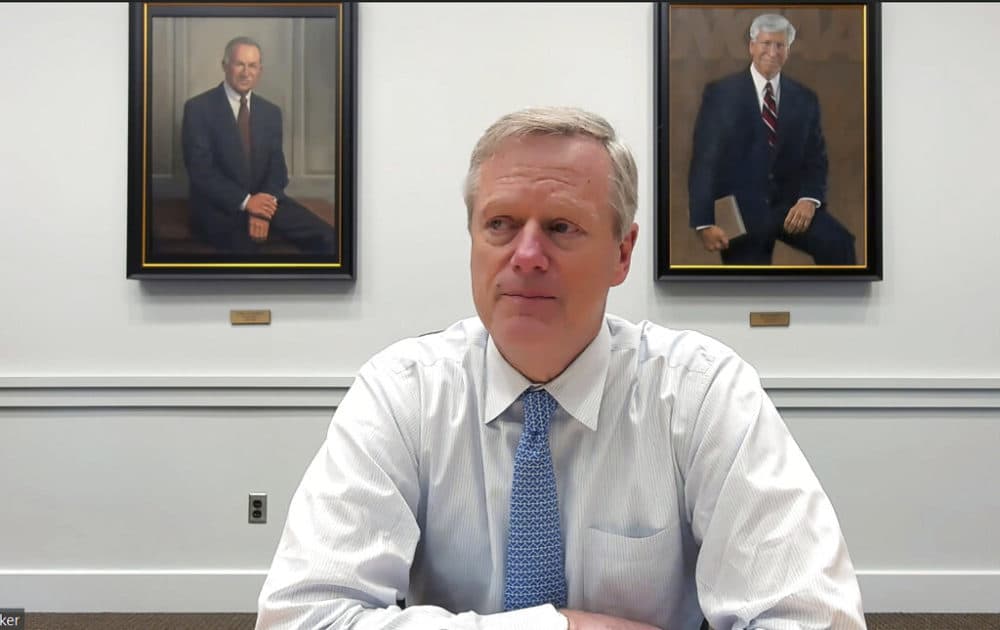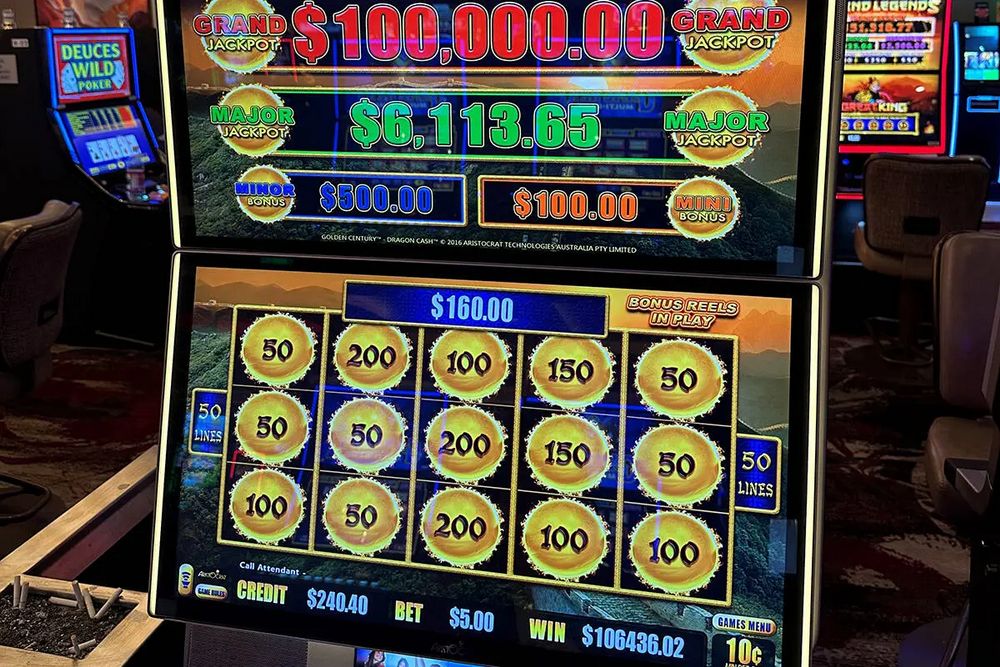The legal pressure on unregulated sweepstakes casinos- and their celebrity promoters- has escalated sharply following the introduction of a California bill that redefines liability across the ecosystem of the illegal gambling industry. Days after the California Nations Indian Gaming Association (CNIGA) backed legislation to prohibit financial entities, tech vendors, and influencers from facilitating or promoting illegal sweepstakes casinos, new lawsuits are testing the scope of that liability.
VGW’s sweepstakes squad rolls up: social casinos...
Most notably, Ryan Seacrest has been named in a complaint that includes a minor as co-plaintiff, a case that legal analysts say could set a national precedent. Filed under consumer protection statutes, the lawsuit alleges deceptive marketing practices that exposed underage users to real-money casino mechanics disguised as entertainment.

Industry watchdog Sweepsy reports that platforms such as High 5 Casino, Chumba, and Fortune Coins — often promoted by public figures — have skirted regulation by operating in a legal gray zone, offering sweepstakes-style rewards systems rather than traditional wagers. California’s bill aims to close that loophole by enforcing direct accountability.
Drake’s $8M Gambling Loss Raises Eyebrows—Marketing Genius or Real Risk?
“California is sending a message,” said a compliance advisor familiar with tribal law. “Celebrity status doesn’t exempt you from promoting illegal activity.”
Meanwhile, legal experts note that the involvement of a minor in Seacrest’s case adds fuel to legislative urgency. It underscores concerns raised by CNIGA and other stakeholders about consumer harm and the erosion of regulated tribal gaming markets.

With Texas and Florida rumored to be drafting similar bills, the era of unchecked sweepstakes casinos may be coming to an end — one courtroom at a time.











